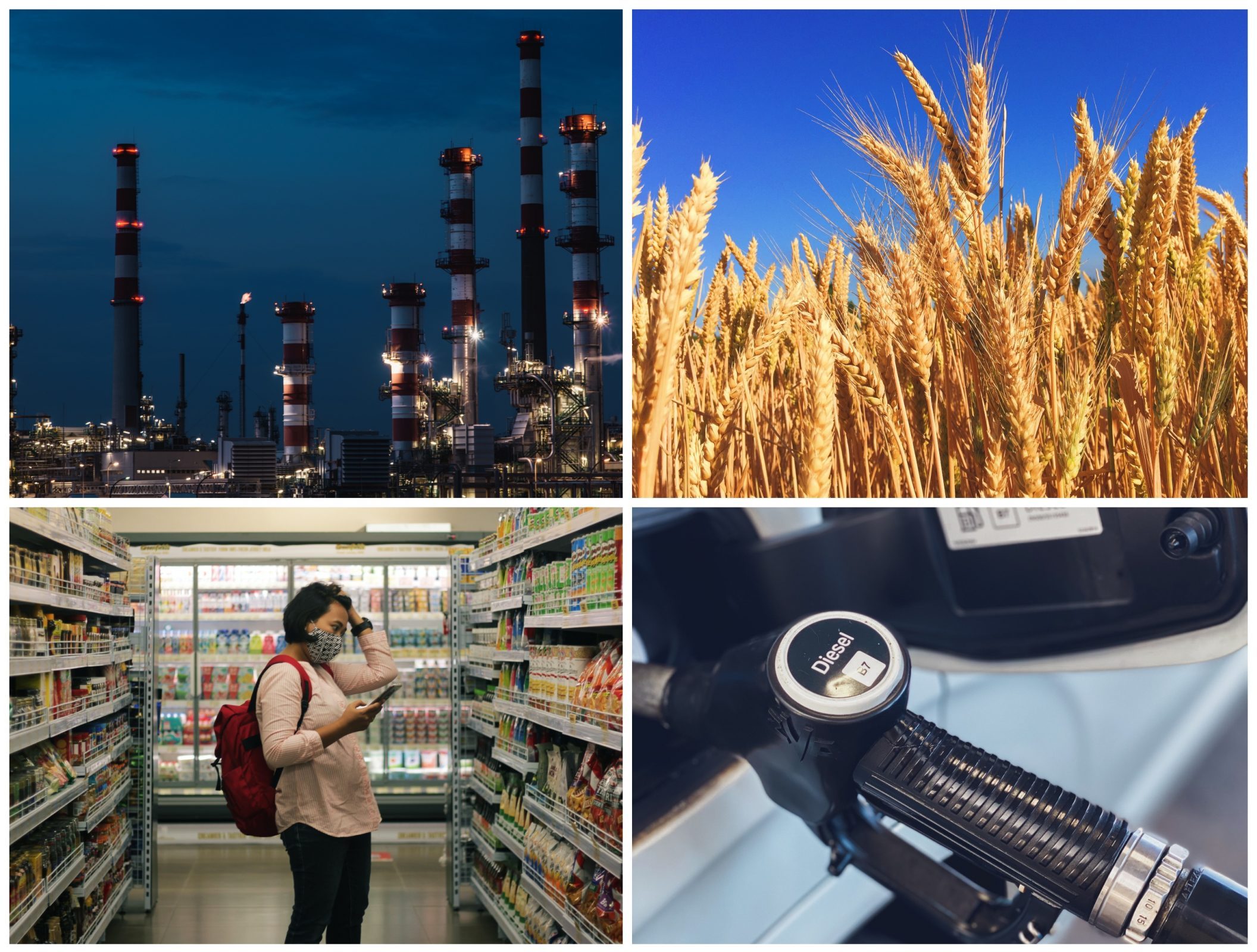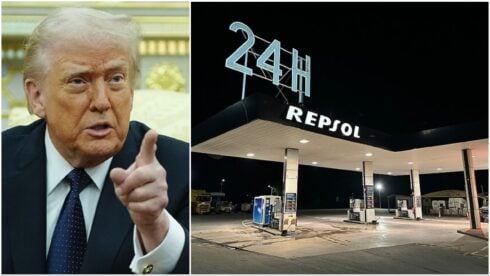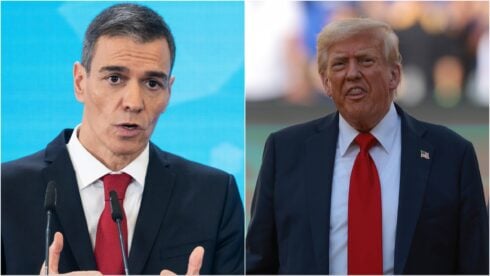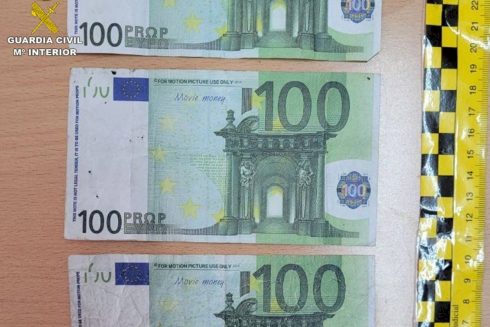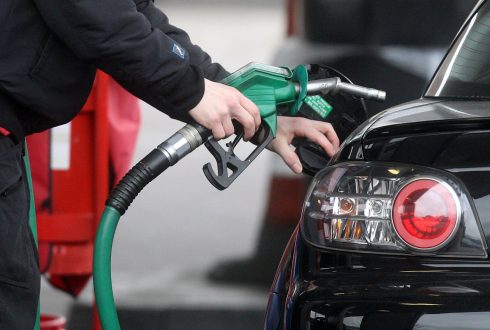WITH the war between Russia and Ukraine approaching its third week, consumer prices in Spain have already risen because of sanctions imposed. In particular, the EU is reliant on oil and natural gas from Russia, causing energy problems for the continent.
Before Putin decided to invade Ukraine, the supply of natural gas was already in shortage. With Europe just emerging from the Covid pandemic, and a cold winter in many countries, the peak in demand was hiking up energy prices and causing inflation.
And, with high-level talks currently not going well, and an increasing humanitarian crisis, there is no way of knowing how long the war will last.
Natural fuels
Recently, the price of Brent crude oil has fluctuated between its 13-year high of $139 a barrel and its current $109, helped by the US trying to secure oil supplies from OPEC countries.
Some forecasters, such as JP Morgan, say it could reach $185 later this year.
At present, the fuel prices at Andalucia’s pumps are upwards of €1,65 for a litre of diesel and €1.71 for unleaded, making for unhappy motorists.
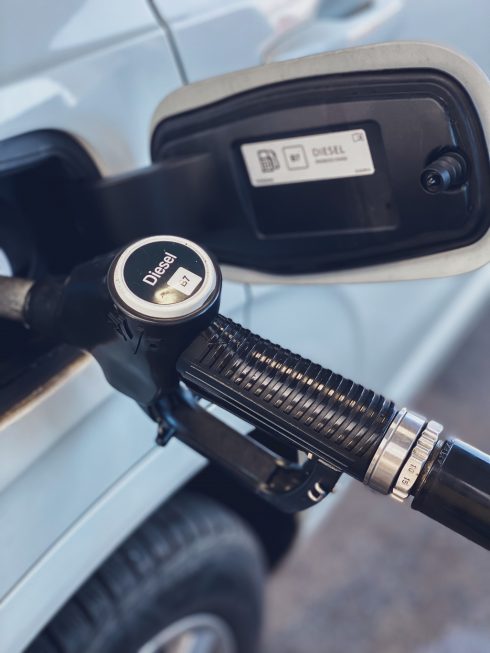
Gas is a big issue, with 40% of the EU’s natural gas hailing from Russia – although Germany and The Netherlands are more affected than Spain, which obtains 90% of its gas from other sources. The EU has approached Israel to see if it can reduce the continent’s reliance on Russian supplies.
As for ‘la luz’, on March 8 2022, the price of Spain’s electricity was set at €544.98 per mWH, with a maximum of €700 per mWH. This is compared to €40 per mWH on 7 March 2021. The likely result is fuel poverty, although the EU is discussing price caps and a joint bond to deal with the crisis.
What else does Spain trade with Russia and Ukraine?
According to Trading Economics, the top 10 imports from Russia in 2021 were: mineral fuels, oil and distillation products; iron and steel; inorganic chemicals, precious metal compounds and isotopes; fertilisers; rubber; residues, wastes of food industry, animal fodder; aluminium; fish, crustaceans and molluscs; cereals; and wood.
From Ukraine, Spain’s top imports were: cereals; animal, vegetable fats and oils; iron and steel; salt, sulphur, earth, stone, plaster, lime and cement; ores slag and ash; residues, wastes of food industry, animal fodder; wood and articles of wood, wood charcoal; fertilisers; furniture, lighting signs, prefabricated buildings; and machinery, nuclear reactors, boilers.
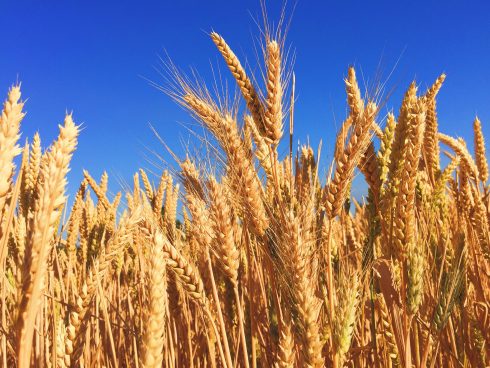
In 2021, Spain exported €2.5 billion of goods to Russia and €800m to Ukraine, including vehicles, machinery, clothing, ceramics, vegetables, olive oil and pork – now causing an economic impact in our autonomous communities.
Clearly, with the price of building materials, animal food and sunflower oil rising, the war is detrimental to agriculture, construction, and hospitality, as well as consumers.
The state of play in our stores
Spain imports 42% of its cereal from Ukraine – particularly wheat and corn – and 25% of Spain’s imported sunflower oil is Ukrainian.
A trip to various supermarkets shows that the price of sunflower oil has risen significantly, costing €12 for five litres in Lidl and Alcampo, and is being rationed to one five litre bottle per customer.

Although bread currently appears to be the same price as before, the grain price hikes are already filtering through to products such as ‘pienso’ (cereal-based animal food), which – in smaller outlets – has increased by at least €2 per 20kg sack, affecting owners of domestic and farm animals.
The Olive Press saw a customer in a rural feed warehouse with his jaw literally dropping at the €16 price tag of his ‘pienso’.
An Alpujarran farmer, Rogelio Lupianez Perez, who owns sheep, goats and horses, said: “It seriously affects most animals that depend on feed. When it is not profitable, many farms will close forever. In the end, it’s the consumer who is affected.”
As for building supplies, the news isn’t good. The ‘almacen de materiales’ (builders’ merchant) in Lanjaron told the Olive Press they are seeing sharp price rises, with wire mesh squares increasing from €10.85 to €24 since the war started.
What can we do?
With prices hikes and an uncertain scenario facing us, should we change our consumer behaviour?
Trudie Tallolor, who owns land near Orgiva, said: “It’s time to change to a more sustainable lifestyle, with solar electricity and hot water, an electric car or bike, limit trips to essential ones, keep chickens for your eggs, grow your own vegetables and easy-to-grow grains, such as quinoa, chia, and corn. Give up wheat and share what you cannot use.”
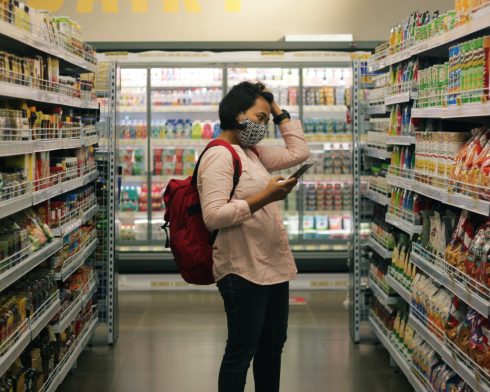
However, that doesn’t work for people living in cities with no outdoor space.
While one expat angrily suggested that we must have a “blitz spirit” and “the least we can do is expect price hikes caused by sanctions”, others point out the all-too-real problem of food and fuel poverty.
It’s likely that the “blitz spirit” won’t appeal to the “just managings” whose social benefits or wages don’t match the rate of inflation. With the war likely to drag on, many could find themselves struggling to afford their family’s basics – such as food, gas, electricity, and fuel.
READ MORE:
- Here’s what you can do to help people in Ukraine
- OPINION: How Ukraine resistance in face of Russian invasion recalls famous Spanish Civil War cry of ‘No pasaran!’
- Supermarkets in Spain ration sunflower oil amid fears that supply threatened with Russian invasion of Ukraine
Click here to read more News from The Olive Press.

